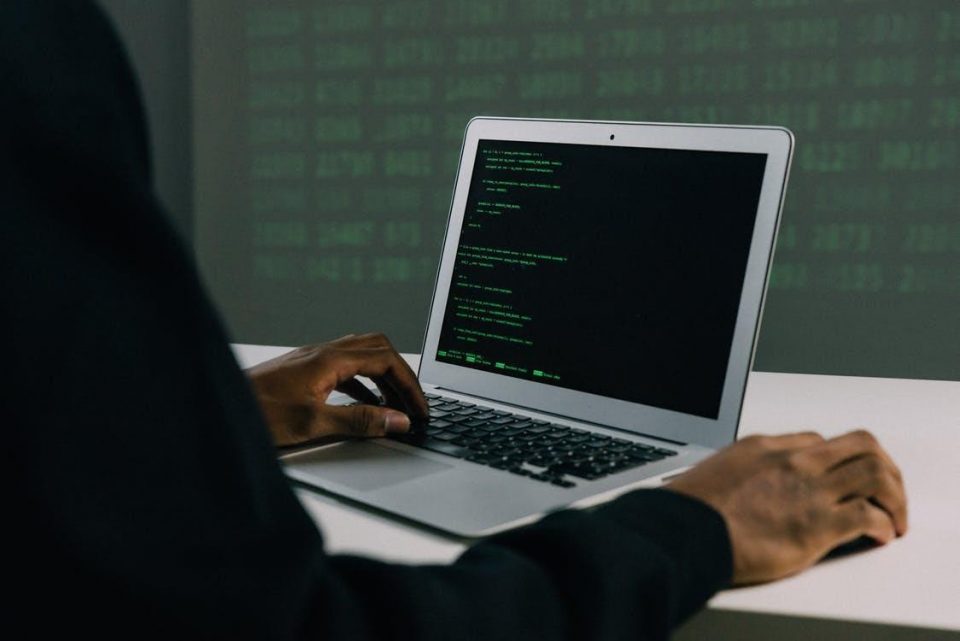As more people globally learn to depend on the internet for everything in life, including running businesses, keeping up with friends, and even finding the information they need, it gets risky. Scammers and cybercriminals try to take advantage of people’s vulnerability.
They hack, bully, and carry out online crimes such as stealing information and accessing bank accounts leading to significant losses. They also expose your private life, leading to more cyberbullying. With the risks involved, it gets even more important to know how to protect yourself when online. Here are tips to start you off:
Limit Access to Your Personal Information
Exposing your personal information such as relationship status, home addresses, phone numbers, and other intimate details to strangers or potential customers and employers can put you at risk of cyberbullying, hacking, and identity theft.
To avoid this, have a business phone number that you give out to clients or use online to make your contacts more private. If you run a home business, don’t give out your home address but instead have a virtual office address where you direct customers.
When you receive calls from unknown numbers, it’s essential to do a proper investigation enabling you to know their name, location, and other crucial caller’s details even before you pick the phone call.
When on social media platforms, keep your information private by checking the privacy details on every site you frequent. Remember to turn on the privacy features at all times. Always choose privacy-enhancing settings on major websites such as Instagram, Facebook, and Twitter, ensuring that hackers don’t easily access your details.
Note that some of these privacy settings are hard to find on some sites, so take your time looking for them.
Learn What Safe Browsing Practices Are
Be aware of the dangers that loom behind your screen. Cyber-criminals use enticing content as bait, tempting you to click on the sites exposing your details or infecting your computer or phone with malware.
Don’t click on any links that pop on your screen and check the address details of every email received to ensure it’s from a verifiable source. When using public Wi-Fi, limit your usage or use a secure VPN connection.
Don’t access your bank accounts or other platforms requiring high-security measures unless you have a VPN connection or are on your personal computer. Also, be careful with what you download and only download apps or programs from verifiable sources.
Use Strong Passwords
It’s easier to choose a quick-to-remember password, but it also makes it easier for a cyber-criminal to hack it and access your online accounts. Select hard-to-guess passwords and use a mix of small, capital letters, numbers, and special characters.
Also, don’t use the same password on all platforms because when a hacker gets access to the password, they have easy access to all the other accounts. Also, make sure that you log out of all your accounts, especially when using shared computers or a public Wi-Fi connection.
Use Secure Systems When Online
When making online purchases check the security systems on the particular site before giving out your details. Only purchase products from secure websites. The easiest way to learn whether a site is protected is to check whether it has HTTPS or HTTP next to the link.
S stands for secure, and sometimes it’s accompanied by a padlock icon which assures you that the site uses all set security protocols. The same applies when you sell and expect online payments.
Go the extra mile to protect your customers’ details by securing your platforms. You even attract more clients because they trust the security measures on your platform.
Be Careful with Who You Meet Online
Technology has made it easier to meet new people and even create lasting bonds, but there are risks involved. If you meet a new person online, don’t disclose all your personal information, such as your home address, phone number, and everyday details.
Also, don’t let them know where you work or details that can enable one to track you down. If anyone tries to introduce you to an opportunity that involves giving out your identity and bank details, don’t be as good as it sounds.
Also, don’t be quick to meet someone but get to learn more about who they are. When you meet, let it be in a public place and let close friends or relatives know about the date’s details.
It also helps to use internet security software to block malicious activity from your platforms. Antiviruses keep your information protected and even alerts you of attempted cyber crimes such as hacking or identity thefts.




